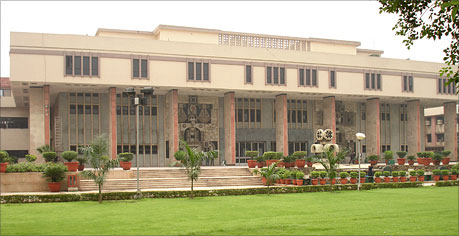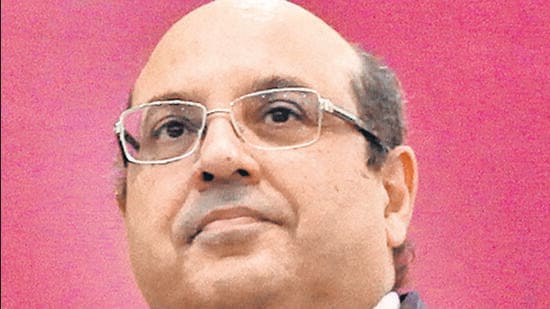
Police officers’ confidence and ability to perform their jobs may be impacted by court observations: Delhi HC warns trial courts
Last Updated on March 9, 2023 by Administrator
Issue
The Delhi High Court has ruled that judges must use prudence and caution when criticising or enforcing rules against law enforcement or other officials since doing so would undermine their professionalism.
Facts of the Case
The comments were made in response to a petition submitted by Sanjay Sain, the DCP for North-East Delhi, who protested to some remarks made against him by a special court in a narcotics case. The trial court had observed that the DCP had neglected to indicate exactly when the Forensic Science Laboratory (FSL) in Rohini would be delivering the report on the voice samples of the accused in the stated case, even though they had been languishing in prison since 2019 along with the other defendants.
The trial court had issued bailable warrants against the petitioner after becoming alarmed by his absence.
The petitioner then requested that the High Court nullify the criticism of him and recall the bailable warrants.
Arguments
Even if the words are overturned by a higher court, the judge warned, the loss of reputation that an officer has incurred might not be recovered.
They argued that judicial self-regulation would help to preserve the judiciary’s institutional integrity.
Reasoning
It is important to keep in mind and keep in perspective the thin line that separates the adjudicatory right to criticise an inquiry or the actions of the authorities from the need to exercise judicial restraint.
The Court continues to be aware of the role that judicial words, utterances, and decisions play in ensuring a society that upholds the rule of law. Unwarranted court statements, on the other hand, can occasionally do harm and have a negative impact on or damage the recipient’s reputation and career.
The bench nullified the trial court’s findings and revoked the petitioner’s issuance of the bailable warrants.
Judgement
Trials must be handled rapidly, fairly, and impartially, but the courts also need to consider the situation on the ground and the law’s stance.
The bench held that while the regulations may be careless, they are not malicious in intent.
CASE TITLE – Sanjay Kumar Sain vs State of NCT of Delhi
Written By – Nikita Shankar




